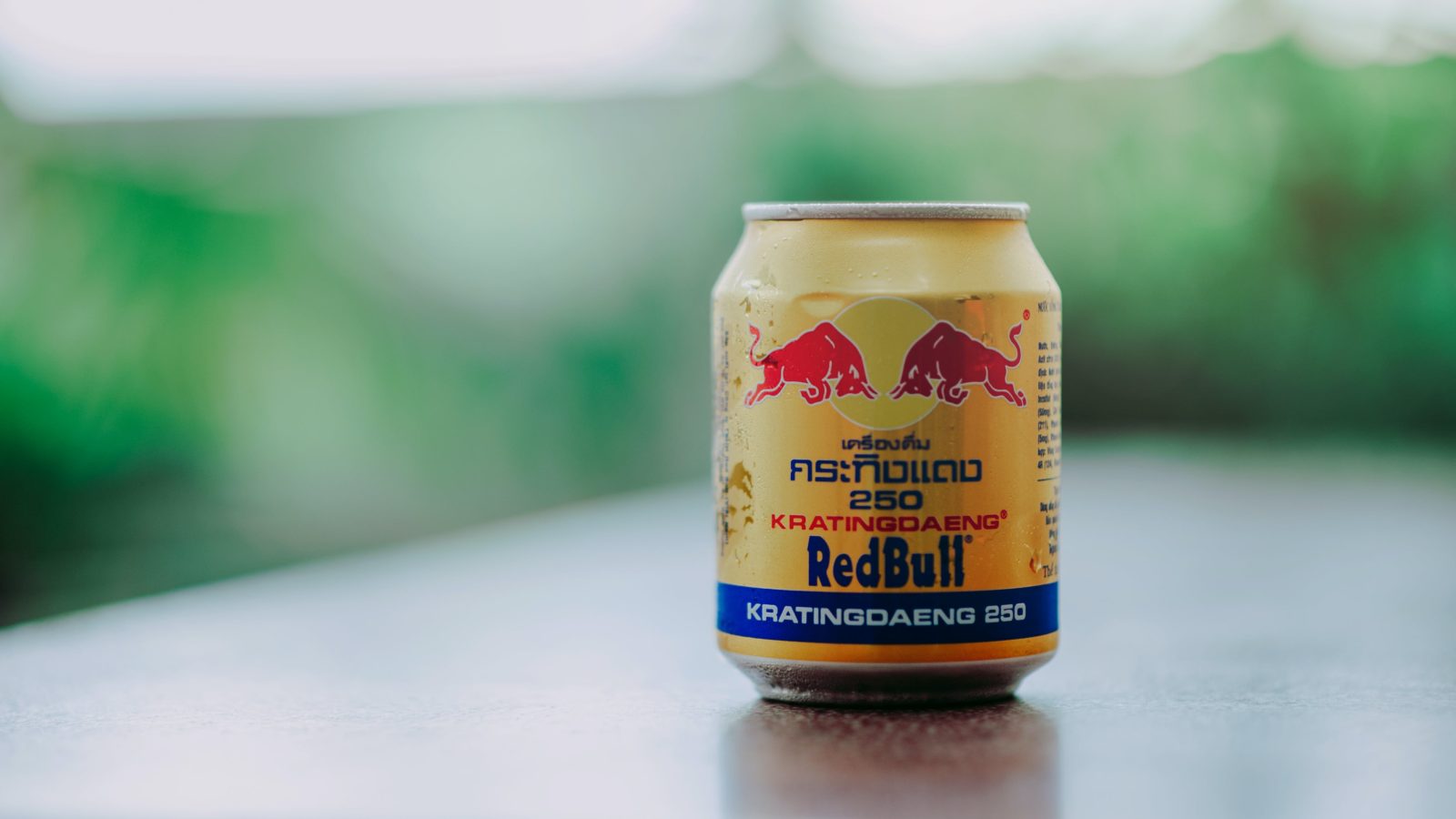A growing number of schoolchildren in the Czech Republic excessively consume energy drinks. Researchers from Palacký University in Olomouc have found that tens of thousands of children regularly consume these beverages, which can have implications for their mental health, physical health, and academic performance. This alarming trend has prompted calls for increased regulation from doctors, psychologists, and educational counselors.
“We have about 70,000 children who are at risk because they consume energy drinks,” said Michal Kalman from the Faculty of Physical Culture at Palacký University in Olomouc during a roundtable discussion in the Chamber of Deputies. One in five children aged between 11 and 15 drink these beverages weekly, and the numbers have been increasing over the years, as shown by long-term research.
Energy drinks contain caffeine and taurin, and their combination with alcohol is hazardous. These drinks are being consumed by students, even in schools. Representatives of the education sector indicate that schools cannot prevent or prohibit the consumption of these drinks if children bring them in. They are left with no option but to explain the disadvantages to the children and urge parents to keep a watchful eye.
In Olomouc, scientists have found that children who regularly drink these beverages tend to skip breakfast more often and are more likely to consume sweets, sweetened liquids, and alcohol and use marijuana or kratom.
“What surprised us very much is that children who regularly consume energy drinks show a higher rate of bullying or cyberbullying,” highlighted Kalman. Social networks and the internet play a significant role. “Children look up to various YouTubers, influencers who promote energy drinks and produce their brands within their merch,” warned clinical psychologist Jan Kulhánek.
The first proposals for solutions are expected to be presented by MPs in mid-January. A working group will be convened for this purpose. Representatives of doctors, nutrition experts, non-profit organizations, and ministries agreed that a ban on selling to minors should not be the only solution. Public awareness is also essential.






